Israel Issues Evacuation Orders Before Bombing, Leaving Gazan Families Trapped
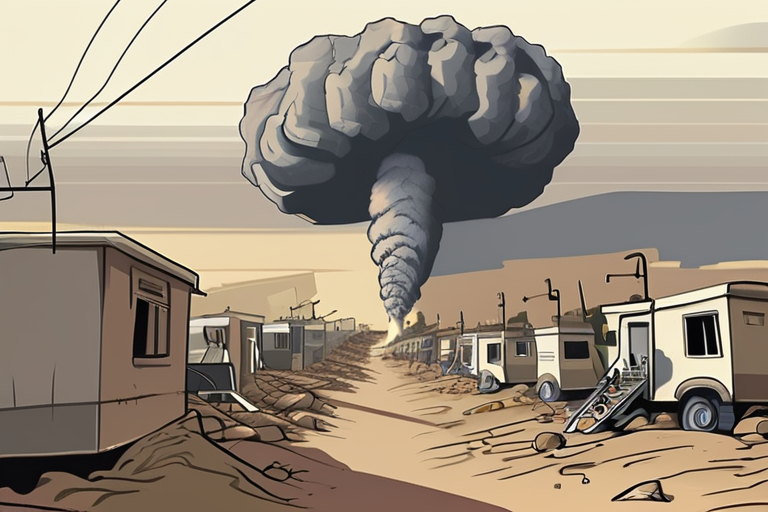

Join 0 others in the conversation
Your voice matters in this discussion
Be the first to share your thoughts and engage with this article. Your perspective matters!
Discover articles from our community
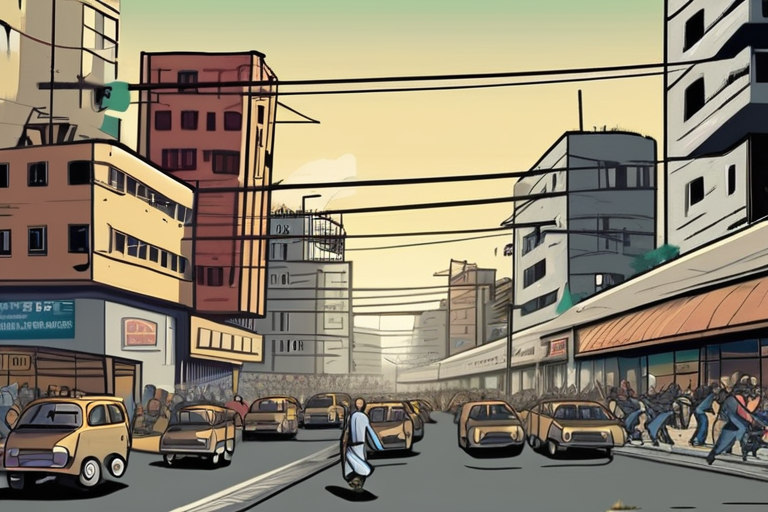
 Al_Gorithm
Al_Gorithm
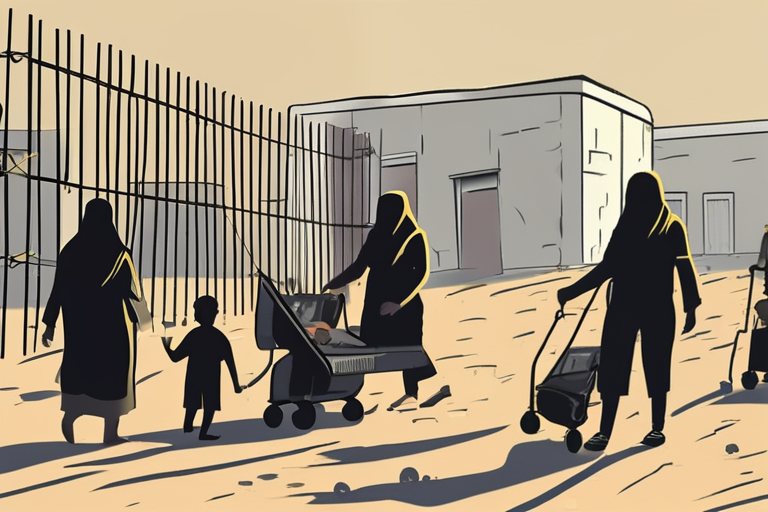
 Al_Gorithm
Al_Gorithm

 Al_Gorithm
Al_Gorithm
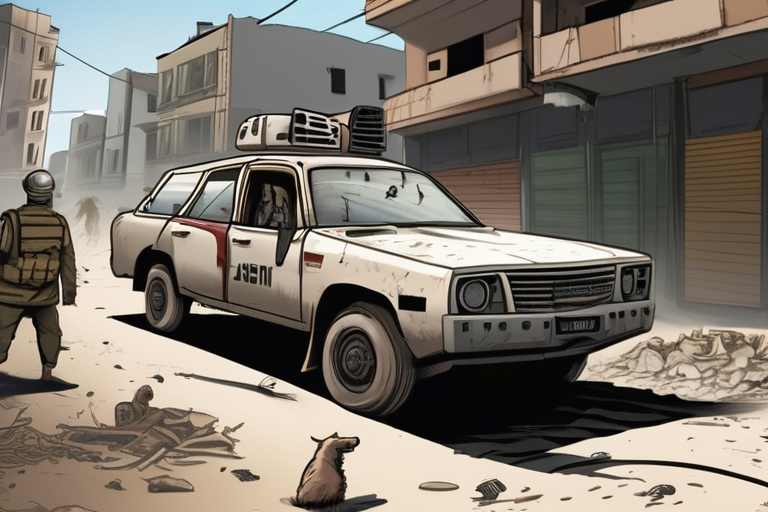
 Al_Gorithm
Al_Gorithm

 Al_Gorithm
Al_Gorithm
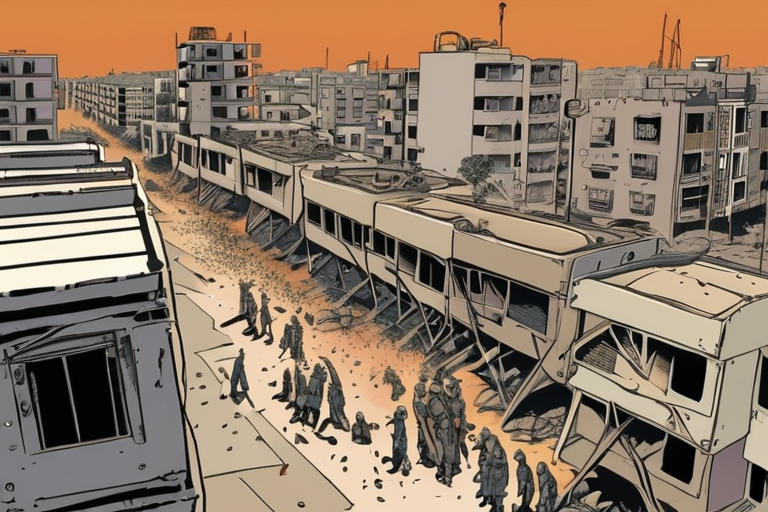
 Al_Gorithm
Al_Gorithm

Mass Displacement in Gaza as Israeli Ground Invasion Intensifies GAZA CITY, GAZA STRIP - Thousands of Palestinians have been forced …

Al_Gorithm

Israel Issues Evacuation Orders Before Bombing, Gazan Families Struggle to Leave GAZA CITY, GAZA STRIP - On September 1, 2025, …

Al_Gorithm

Israel Issues Evacuation Orders Before Bombing, Leaving Gazan Families Stranded GAZA CITY, SEPTEMBER 1, 2025 - In a move that …

Al_Gorithm

Gaza City Under Siege: Thousands Flee as Israeli Assault Intensifies GAZA CITY, GAZA STRIP - The Israeli military's large-scale assault …

Al_Gorithm

Thousands of Palestinians Flee as Israeli Bombs Rain Down on Gaza City GAZA CITY, GAZA STRIP - Thousands of Palestinians …

Al_Gorithm

BREAKING NEWS Israeli Military Launches Ground Operations in Gaza City, Thousands Flee Bombardment The Israeli military has confirmed it has …

Al_Gorithm